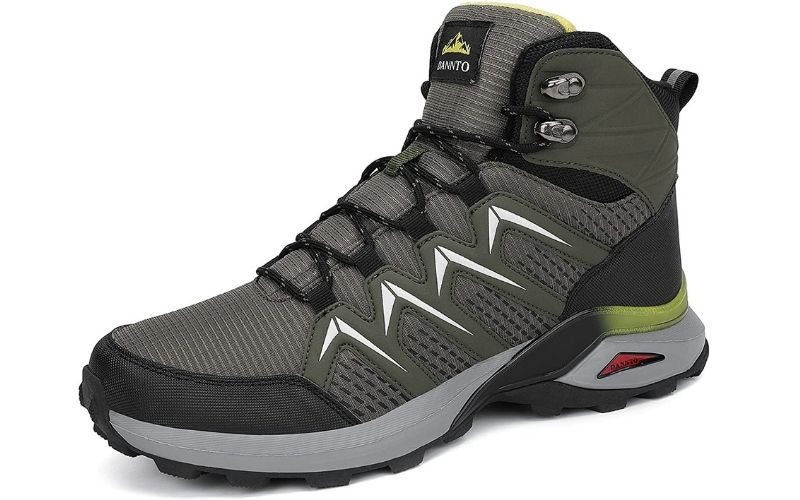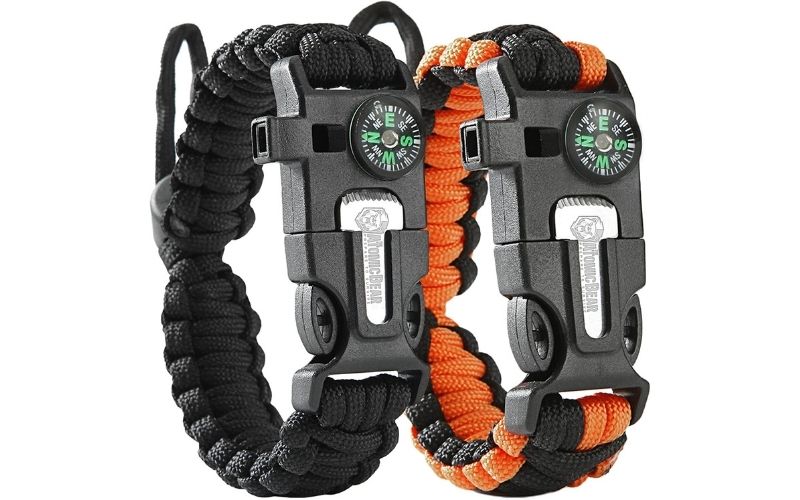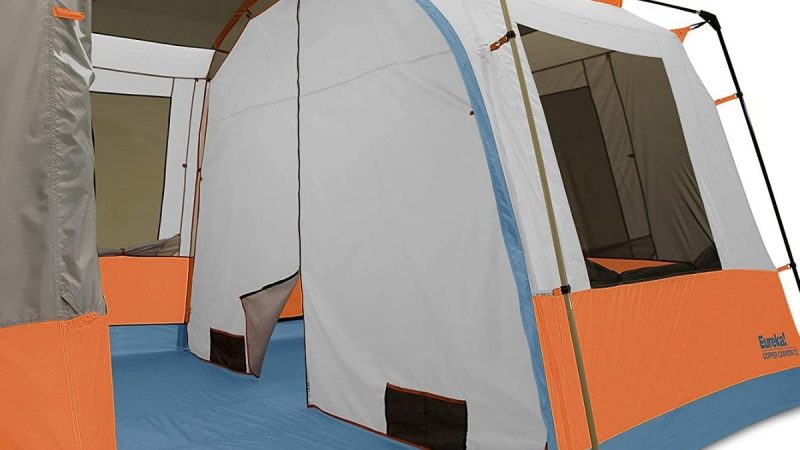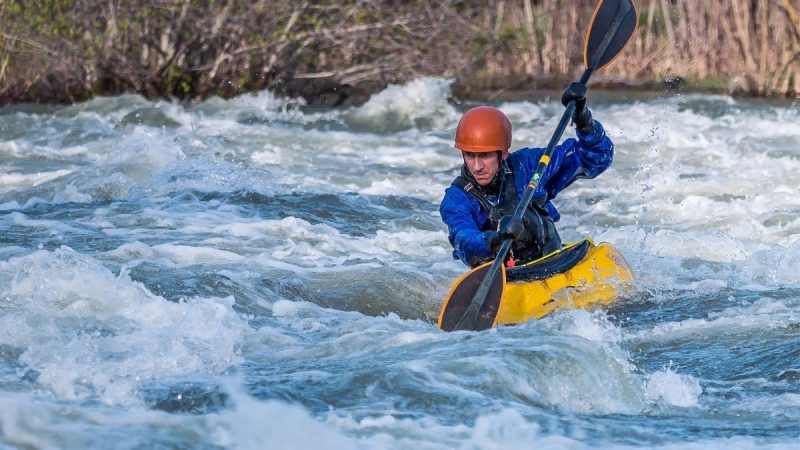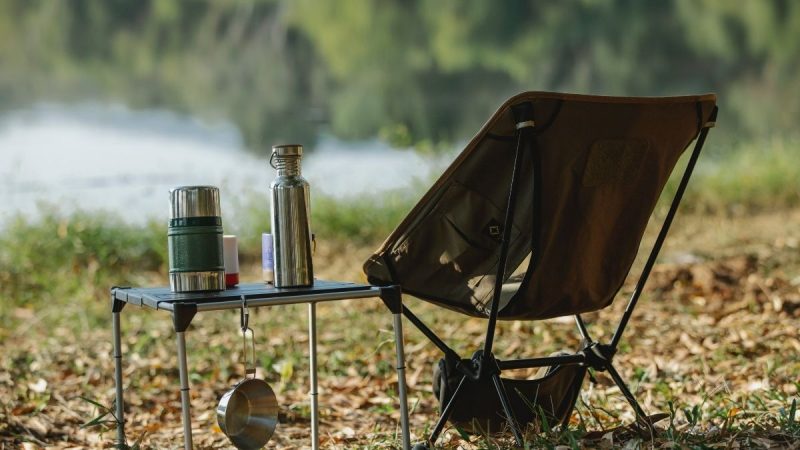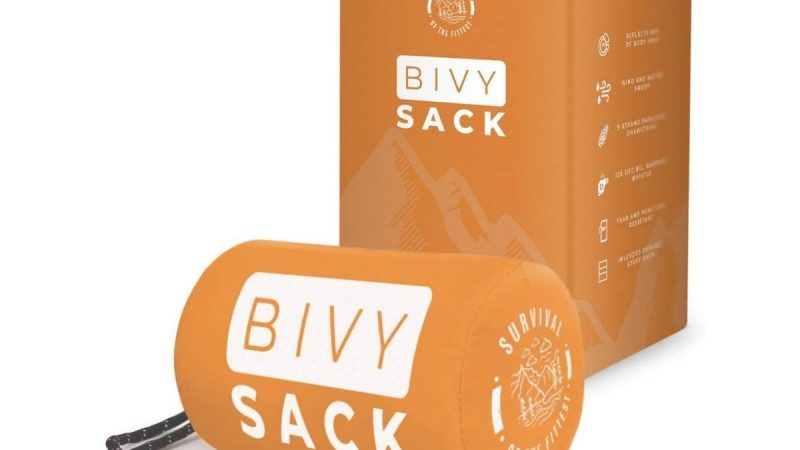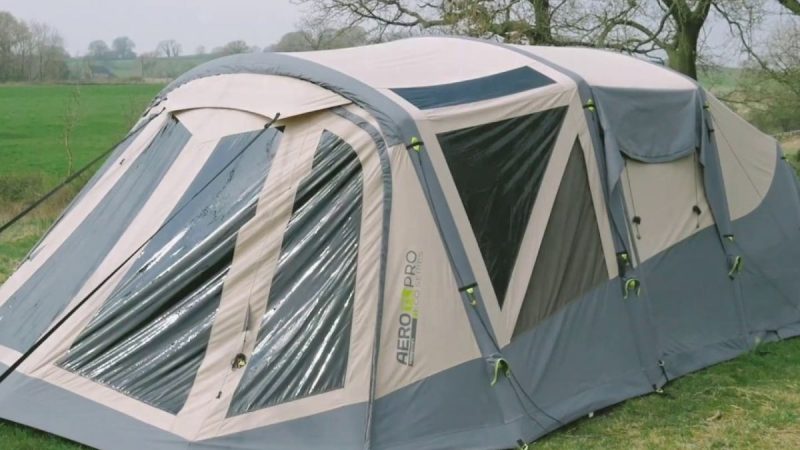What to Prepare for a Hiking Trip with Newbies? – Successful Hiking
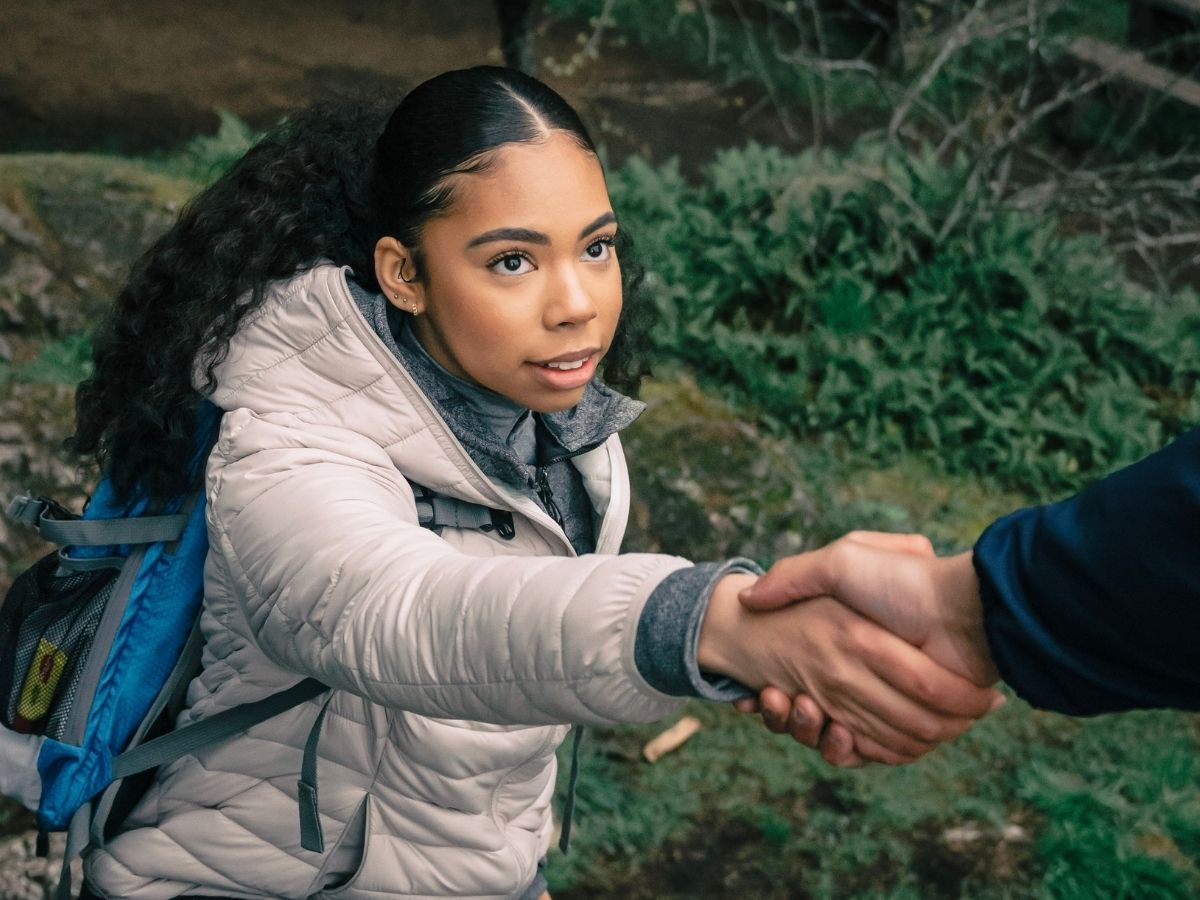
When the question “what to prepare for a hiking trip with newbies?” crosses your way, you should first think about how you will behave during such a trip.
Picturesque landscapes and beautiful sunsets are not all that may happen during a hiking trip. The inexperienced newcomers can cause serious trouble for the whole team by their unplanned actions. Sometimes they just wander about without knowing where to go or faint somewhere far from help, which causes additional work for the whole group.
Don’t worry, this shouldn’t discourage you from inviting newbies to share your love of trekking. The key is in good preparation and handling of the situation. Follow these tips and consider them as a checklist for your next hiking trip with newbies:
Is it their first time? Congratulations! You got yourselves a first-time hiker, a newbie. Do not expect too much from them to avoid any disappointment.
This article will help you out in this matter. It contains information about what exactly to take, how to plan your route, and what safety rules you should follow when hiking with newbies
Hiking for Beginners: TIPS AND TRICKS FOR A SUCCESS PLAN
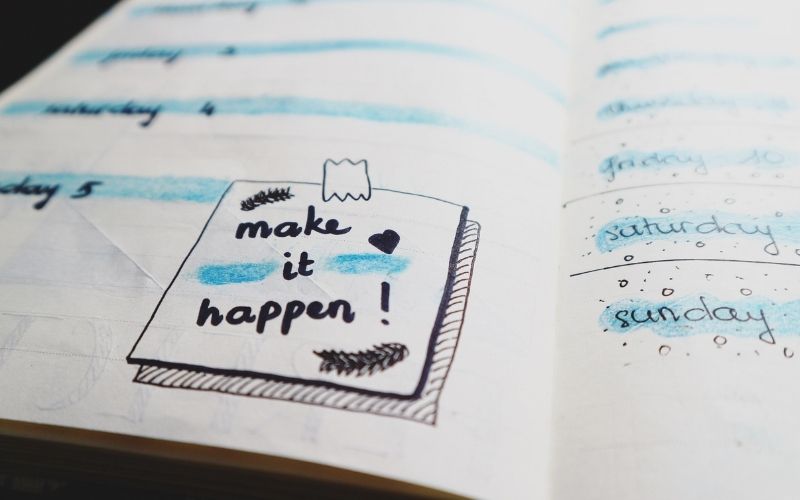
It would be advisable to have prior experience in hiking or camping. If not, then you should take a course for beginners before planning an actual trip. One of the reasons is that your newbies will be guided by what you know and do. They will take your lead in most cases, but this may also become a problem if their lack of experience does not match with yours!
Read more: 15 Things you Should Pack in Your Backpack
With 9 Tips and Tricks on “What to Prepare for a Hiking Trip with Newbies?”
1. Choosing the Right Trail to Suit Your Fitness
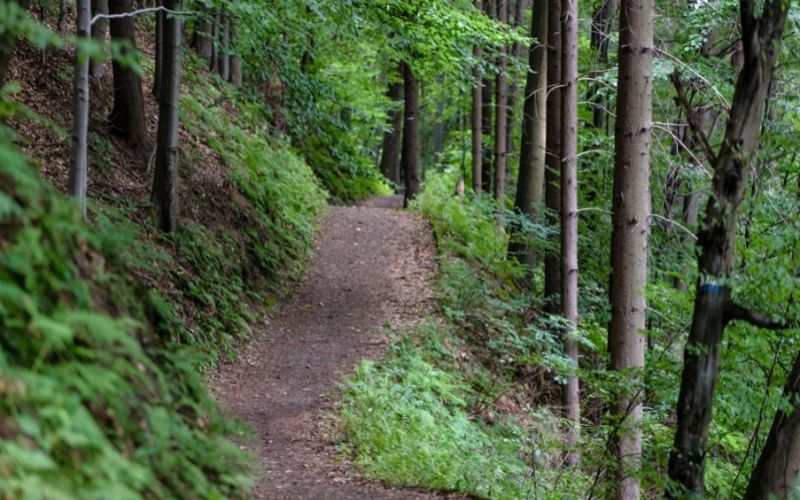
This is an essential tip that must not be ignored. Many people get confident with the idea that hiking is all about walking up, but you will be surprised to know how exhausting it can get in some places.
To avoid such cases, look for trails that suit your fitness level. You can also choose a relatively easier trail and practice a few hiking tips before.
2. Weather Check
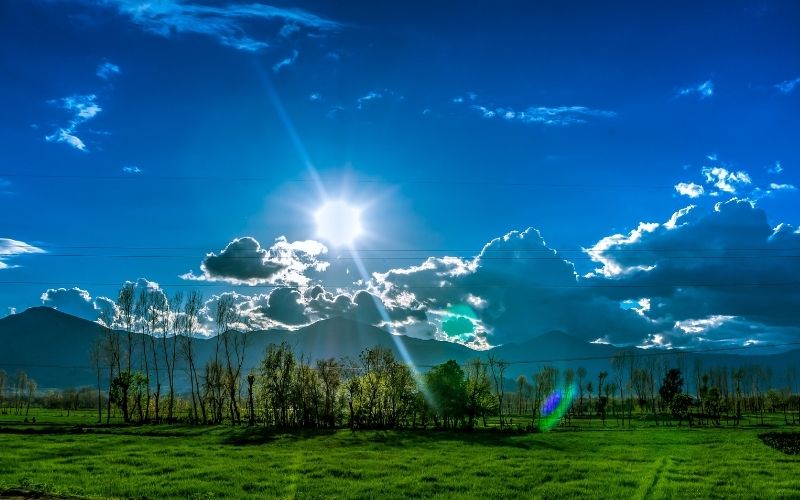
It would be wise and advisable to do a weather check, which will give you an idea of what to expect when on the trail.
3. Letting Someone Know Where You’ll Be
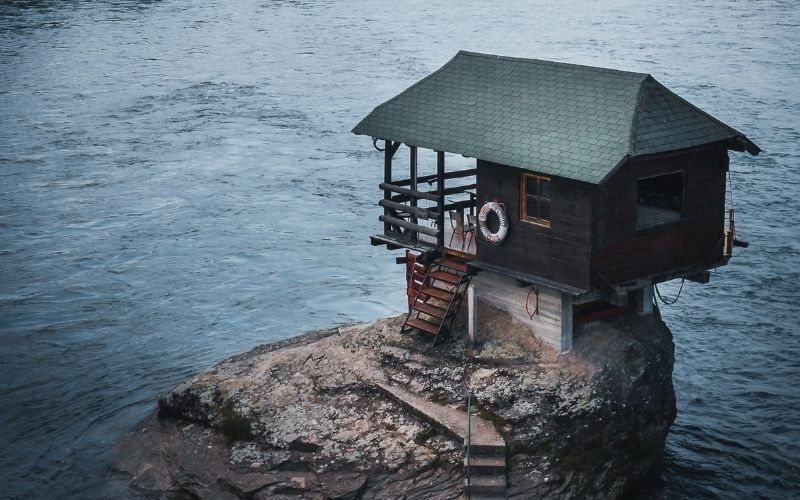
Before you head to the woods, let someone know where you are going. You can also use a GPS tracker or an application for this purpose.
This will help your family to know your whereabouts and they will be able to send help if needed – which is a good thing.
4. Packing Essentials When Hiking with Newbies

Essentials such as compass, water, and food can come in handy, and you should certainly carry them when hiking with newbies.
You should also ensure to pack a first aid kit and bring lots of water and snacks. You can make sure that your luggage is lighter by leaving behind or sharing unnecessary items such as extra clothes, umbrellas, etc., with other members of the group.
5. Comfortable Hiking Boots
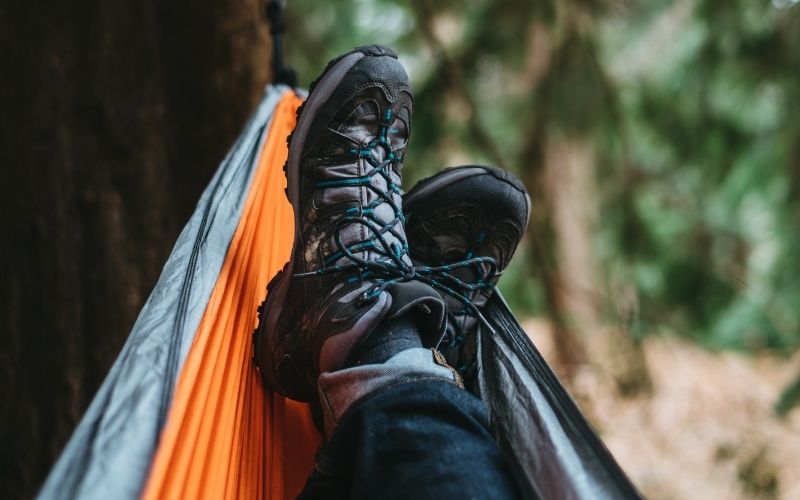
We cannot emphasize enough this, but it is so important! Get the right kind of boots for your newbies. Not only will they be able to walk properly with such footwear but also enjoy their trip with you.
6. Good Quality Trekking Poles
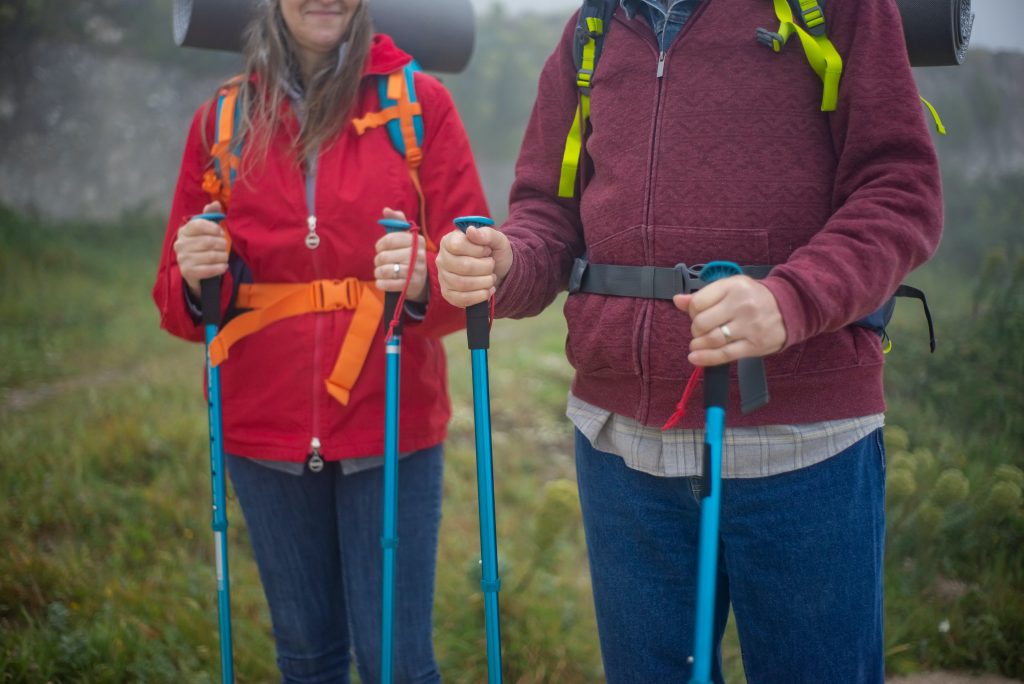
Do not let beginners hike without trekking poles. These can be lifesavers as they give the right balance and prevent any injuries.
Trekking poles provide stability to your newbies to hike comfortably and you don’t have to worry about them getting exhausted too quickly. Try these trekking poles from Amazon: Black Diamond Trail Ergo Cork Trekking Poles.
Read more: How to Use Trekking Poles the Proper Way?
7. Waterproof Clothing, Gaiters, and Camera
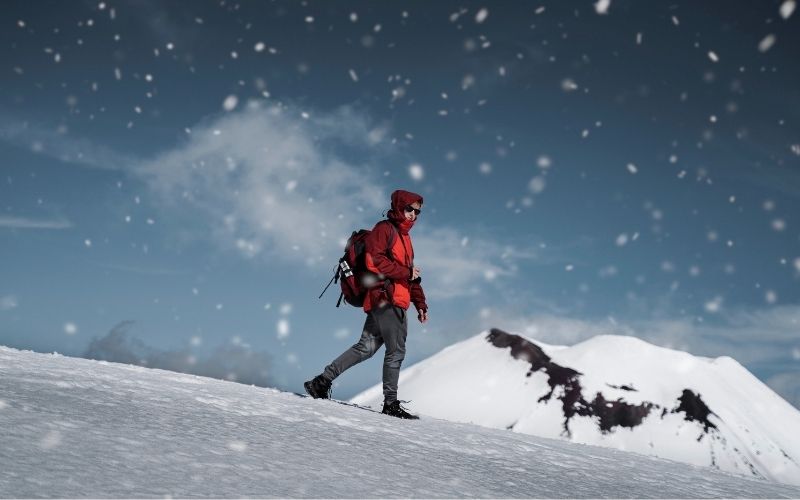
Just because you don’t care about getting wet doesn’t mean that your newbies should ignore waterproof clothing. This is why it is important to bring all the necessary items when heading out for a hike.
Your newbies can easily get lost in their thirst for adventure, which means you might end up hiking with people who are reluctant to leave for the trip.
This is when a camera comes in handy. The last thing you want is to miss out on that perfect shot by not having a camera in hand. Also, don’t forget that it would be helpful if your newbies wear gaiters when there is lots of snow and rain.
8. A First Aid Kit and a Compass

These two go hand in hand and should not be left behind. When you are hiking with newbies, it might become difficult for them to seek medical assistance due to a lack of clear directions – which is why a compass can come in handy. A first aid kit will help deal with minor injuries that may occur if trekking poles are not an option.
Read more: First Aid Kit – A Popular Essential for All Backpackers
9. Dressing Appropriately for Hiking
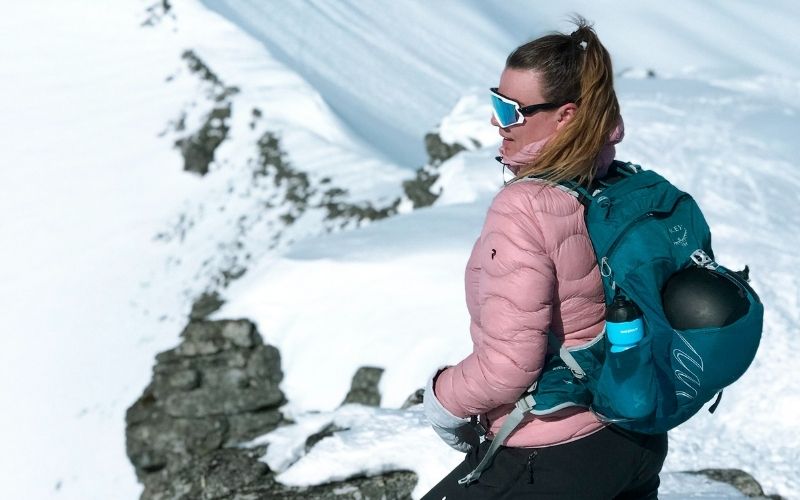
It is often said that dressing appropriately for the weather conditions is essential for a good hike. The last thing you would want might be to suffer from heatstroke or hypothermia because of wearing inappropriate clothing items.
Be sure to wear synthetic fabrics, and break in your boots before heading out to avoid any blisters.
Hiking is not just about walking up. It is important to look for trails that are suitable for your fitness level as it can get tiring hiking on some of these trails. You can also choose a relatively easier trail and practice a few hiking tips before.
Making Plans and Preparing for a Hiking Trip with Newbies
Hiking is an experience like no other. For this reason, you should do it with people that you are comfortable with. Hiking is not for everyone, but you can make sure to enjoy this activity by following the tips provided here.
Enjoy your hike!
What to Pack for Your First Hiking Trip?
Navigators
It’s important to be able to communicate with your group, and the best way to do this is through a map and compass. If you’re not familiar with using a map and compass, consider bringing along an experienced hiker to help show you the basics of how it works. You can also invest in a GPS unit or phone app.
Water
On average, plan on bringing at least one gallon of water per person per day. If you’re hiking in a desert environment this number should be even higher to account for the extra heat and dryness.
Food
You’ll need plenty of energy while out on the trail so think about bringing high fiber snacks such as granola bars or dried fruit.
Clothing
This will depend largely on the time of year that you’re hiking and where, but generally it’s good to bring extra clothing including a spare pair of socks. It can also be helpful to bring rain gear (even if there is no forecast), as sudden showers are common in some areas.
First Aid Supplies
You should bring just the basics with you including bandages, disinfectants, and tweezers. It’s also a good idea to bring sunscreen, bug spray, and anti-diarrhea medication.
Clothes for Rain
You should always be prepared for rain when hiking, even if the forecast says “sunny”. Bring a lightweight jacket and pants along with some extra socks in case it gets wet.
Insect Repellant
If you’ll be hiking in a place where mosquitoes are common, make sure to bring insect repellent. You might also want to consider bringing an insect net if there are biting flies or other insects that pose a danger to your group.
Tent
How to Choose the Right Camping Tent for All Terrains?
Just because you’re camping doesn’t mean that you don’t need any equipment to sleep in. Bring along a lightweight backpacking tent for every person (including children) in your group, as well as any bedding or sleeping.
Multipurpose Tool
A Swiss Army knife or Leatherman multi-tool is super handy in many situations. It can be used for cooking, lighting a fire, and even defending yourself if necessary.
Flashlight
Top 5 Brightest Pocket Flashlights
A headlamp is best so it leaves your hands free while you’re hiking in the dark. Bring additional batteries and bulbs just in case one goes out unexpectedly in the middle of your hike.
Toiletries
Bring a few toiletries with you in case something comes up unexpectedly.
Hiking Checklist to Prepare for a Hiking Trip with Newbies
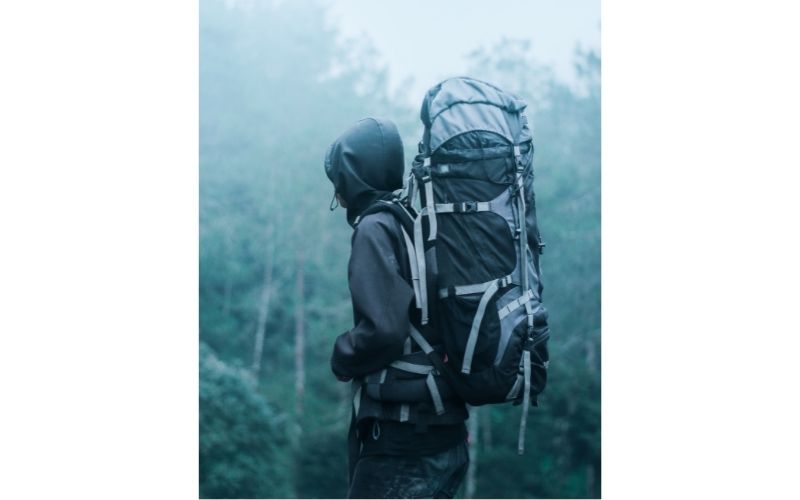
You’ve decided to bring the family out for your first camping trip ever. The kids are so excited they can barely sleep the night before, and you are looking forward to enjoying some quality time away from work and home. But what if something goes wrong? By following these simple hiking checklist tips, there’s a lot less chance of something going wrong.
- Hiking Backpack
- Water
- Map
- Toiletries
- Sunscreen
- Rain gear
- Insect Repellant
- Flashlight or Headlamp
- First Aid Supplies
Choose and Research a Place to Hike
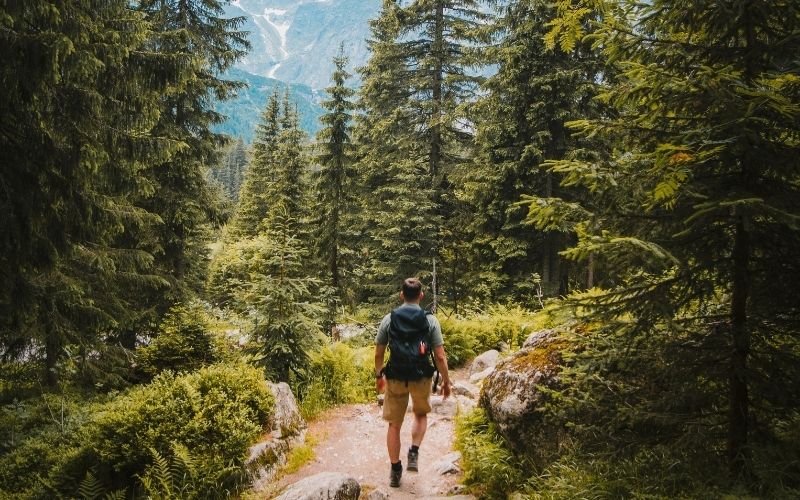
“What to prepare for a hiking trip with newbies” may seem challenging when you choose a place to hike. However, by choosing an appropriate hiking trail, you can make it possible for your family to enjoy a hiking trip.
3.5 miles and an elevation gain of 700 feet are perfect for kids! Depending on the age and ability of your children, choose a hiking trail within the suggested number of miles.
It’s important to consider all possibilities before deciding on a place to hike. Choose a location that is easy for you to get to at the time of day you plan on hiking. Also, try to pick a place that has amenities nearby such as restaurants, lodging, and most importantly bathrooms.
Deciding on the Length of Your Trip – Short or Long?
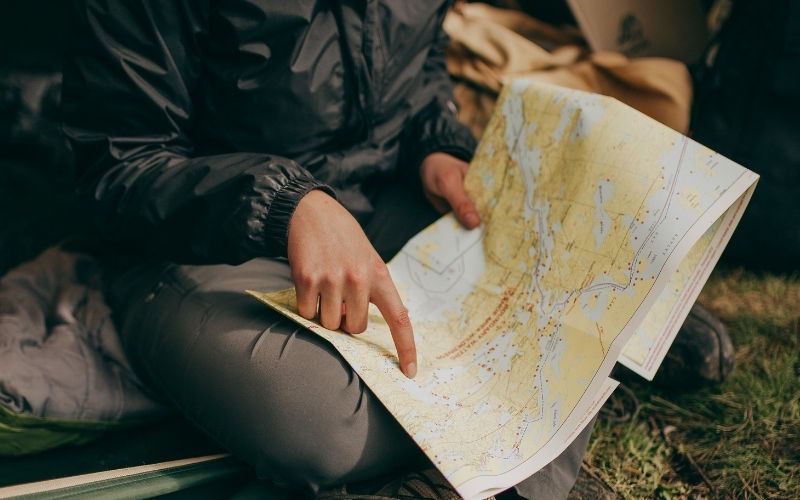
With prior plans on the length of your hiking trip, you can save yourself a lot of money and frustration by checking into the conditions of the trail before you choose to hike.
Before you head out on your hiking trip, try to figure out how far you want to go. If you’re bringing the kids, it’s best to pick a place that is short and easy to hike.
If you plan on enjoying your hiking trip for a few days, it is best to choose a destination that has overnight facilities.
Reading More and More Reviews or Videos of Hikers to Learn More

Hiking can be a great experience for you and your family. By following these simple hiking checklist tips, there’s a lot less chance of something going wrong during your trip. Whether you’re camping or staying in a cabin, choosing the right location is important to make sure that everyone in your group has fun!
The Bottom Line is to read plenty of reviews and learn as much as you can before you hike.
What to Eat Before a Hike

If you are planning on engaging in more physical activities during your hiking trip, it is important to focus on consuming enough food and water before you leave.
It’s best to eat a small meal about an hour before your hike. You don’t want to feel bloated or uncomfortable while you’re out there hiking on the trail, so keep your meal light. Below are some options;
- Low-fat Yoghurts
- Toast
- Whole grain cereals and pasta
- Brown Rice
- Fruits
- Vegetables
What Food to Bring When Hiking
Depending on the intensity of your trial, you’ll want to bring food that has carbohydrates, protein, and electrolytes.
When preparing for a hiking trip with newbies, it is best to bring food that is packaged and easily prepared.
Some ideal choices are;
- Tuna or chicken salad
- Sandwiches such as turkey, chicken, roast beef
- Canned fruits and vegetables
- Packaged nuts
- Jerky is a great source of protein
How to Choose Hiking Shoes for Beginners?
Pairing up with proper hiking shoes is essential for a successful hike.
When choosing the right hiking shoes, it is best to stick with lightweight material that can easily dry.
If you plan to engage in a lot of physical activities, the shoes should have the right amount of support for your feet. Consider the below tips when buying your hiking shoes.
- Terrain – It’s best to bring hiking shoes that are good for most terrains, whether it is rocky or damp. Boots are ideal for travelers who plan on spending several days in the wilderness.
- Flexibility – It’s best to go for hiking shoes that are flexible and provide good support around the ankles.
- Depth – Hiking shoes that are deeper than ankle-length can be too heavy and take away from your endurance.
- Waterproof – Make sure that your hiking shoes are waterproof. If they get wet, it is not advised for you to continue on your hike.
Beginners can choose lightweight hiking shoes which have treaded bottoms.
Some of the Benefits of Wearing Hiking Shoes
- Preventing Blisters – Hiking shoes prevent blisters from forming on your feet.
- Durable – Hiking shoes are sturdy and designed to handle a variety of terrains.
- Protecting Your Feet – Hiking shoes provide proper protection for your feet.
Other Important Hiking Gear to Pay Attention to
Hikers have to bring a variety of gear when they are engaging in physical activities during their trip.
There are some essential gear you should never leave home without, such as;
- Survival Bracelet
- Lifestraw Water Filter
- Winter-Warming Gloves
- Cushioned Hiking Socks
- Dried Camping Food
- Mini Binoculars
Common Gear for the Hike
Fengdong 35L Hiking Backpack

Features
- Nylon Lining
- Incomparable Quality
- Collapsible and Comfortable
- Zipped Front Pocket and 2 Side Pockets
- Large Capacity
Price – $ 18.99
Available on – Amazon
Coleman Dome Tent with Screen Room
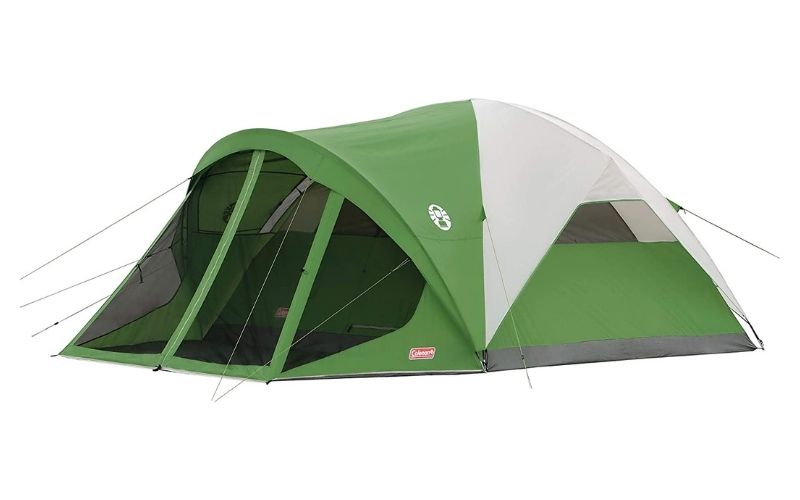
Features
- Material – Polyester
- Sleeping Capacity – 6
- Dimension – 6 “H x 14” W x 10 “D
- Suits any weather
Price – $ 119.99
Available on – Amazon
TETON Sports LEEF Ultralight Mummy Sleeping Bag
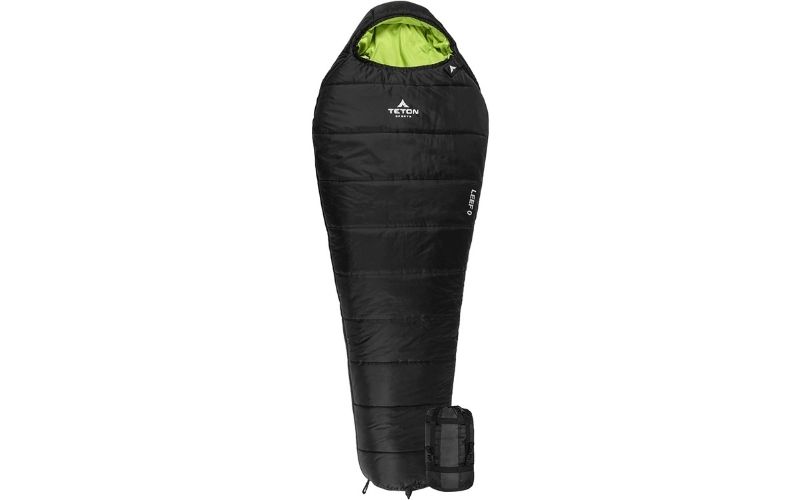
Features
- Material – Polyester/ Tafeta
- Lightweight
- Comfortable
- Exceptionally Warm
- Full-Length Zipper
- Foot Box
- Suitable for All seasons
Price – $ 59.99 – $ 145.97
Available on – Amazon
Jetboil Flash Cooking System
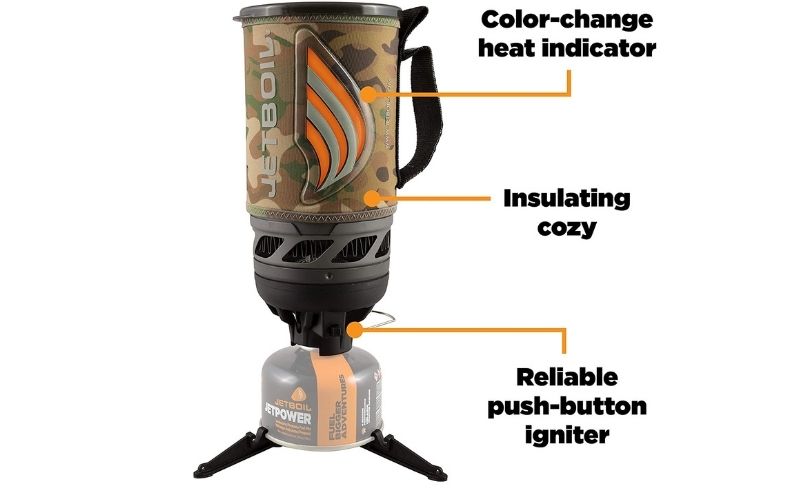
Features
- Fuel Type – Isobutane/Propane Mix
- Includes Fuel Canister Stablizer
- Dimensions – 4.1 x 4.1 x 7.1 inches
- Weight – 082 pounds
- Instant Heating
Price – $ 114.95
Available on – Amazon
Grayl Ultralight Water Purifier
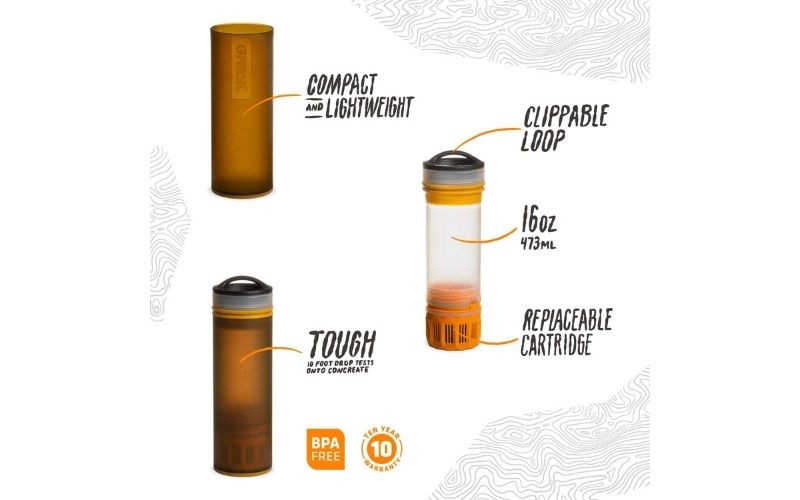
Features
- Capacity – 16 Ounces
- Material – Silicone
- Weight – 80 Grams
- Fast and User Friendly
- Filters particulates
Price – $ 69.95
Available on – Amazon
LED Head Lamp Flashlight
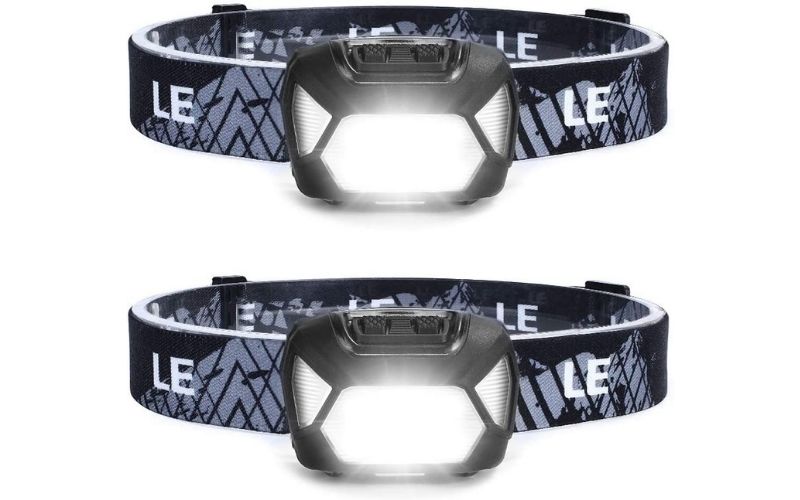
Features
- BatteryPowered
- Light Source – LED
- Super bright
- Spot light
- Flood light
- Light weight
- convenient and comfortable
- IPX4 Water reistant
Price – $ 18.99
Available on – Amazon
Coleman Camp Axe
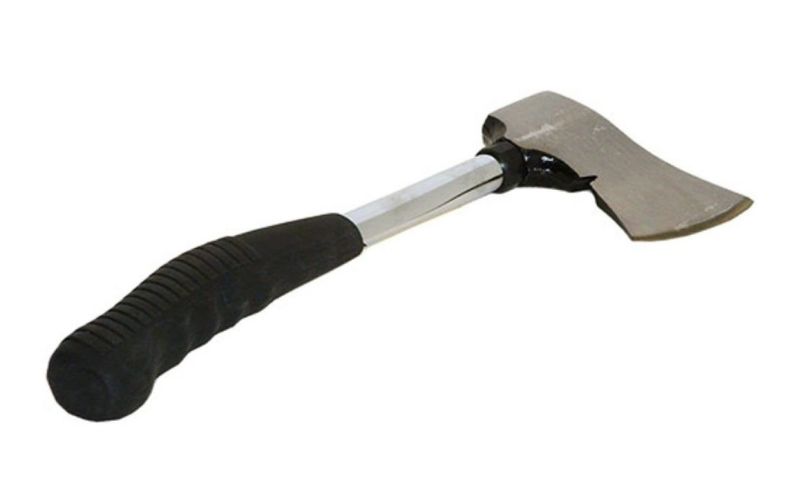
Features
- High-quality material
- Dimension – 14 x 5 x 2
- Weight – 0.82 kg
- Camping and hiking axe
Price – $ 23.28
Available on – Amazon
More: The Best Survival Hatchet – Backpackers’ Choice
Proster IP65 Compass
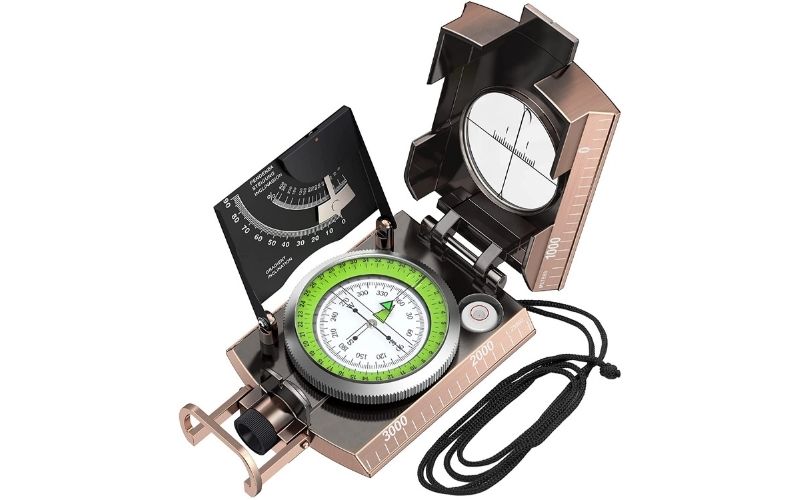
Features
- Fluorescent Design
- Observation telescope
- High-strength engineering metal
- 330G lenatic compass
- folding metal cap
Price – $ 19.85
Available on – Amazon
Primeros Medical kit
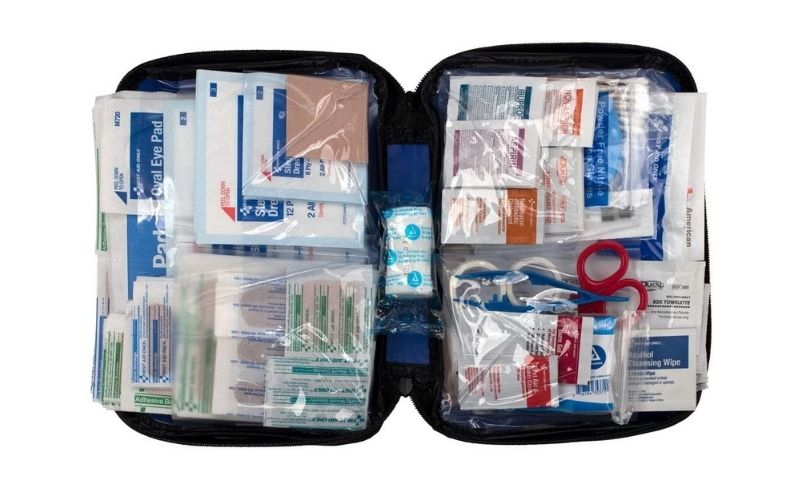
Features
- Kit Dimensions – 9 – 1/4″ X7 – 1/2″ x2 – 7/8″
- Weight – 1 pound
- Fits into any backpack
- No.of Pieces – 312
- Clear Pockets in the fabric pouch
Price – $ 29.99
Available on – Amazon
Other Gear
- Hiking poles
- Clothes and shoes
- Hiking boots and socks
Other Hiking Tips and Trick
- Don’t forget to bring your camera along so you can capture all the amazing places you visit.
- Take a lot of breaks and have fun while relaxing in order to prevent muscle cramps.
- Include some stairs when hiking if you are not physically fit. Climbing up and down hills will help you get into shape.
- Carry a sufficient amount of food and water.
- If you are visiting a new location, do some research on the best places to visit.
FAQs Related to “What to Prepare for a Hiking Trip with Newbies?”
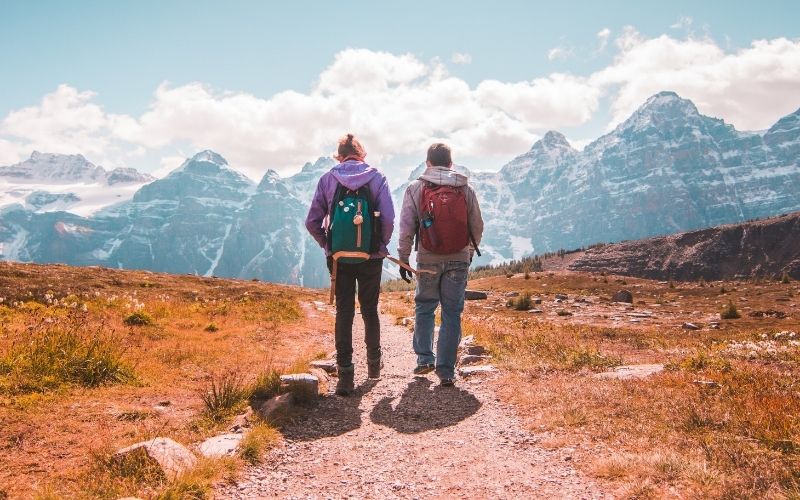
What is the Best Benefit of Preparing for a Hiking Trip with Newbies?
A new hiker can learn how to prepare for a hiking trip based on their budget. It also teaches them how to choose the essential gears required for the hike.
What are the Top Things to Carry when Hiking with Newbies?
Hiking backpack, food, water, and survival bracelets.
Are There Any Tips and Tricks when Hiking with Newbies?
Yes, take a lot of breaks and relax so you don’t get cramps. Also, do some research on the best places to visit so you can have a good time while hiking.
What Type of Clothes is Necessary for Hiking?
Weather-appropriate clothing is necessary to be prepared for whatever nature throws your way. You need layers for a successful trip.
Why is it Important to Hire a Guide for Hiking with Newbies?
Hiring a guide will help new hikers get tips and tricks from more experienced hikers.
Where Can You Go Hiking?
There are several places for hiking, but one of the most popular places is Mount Monadnock. Other locations are depending on your preference.
Conclusion
To conclude, it is important to plan and prepare for a hiking trip with newbies. Budget-friendly gear, guidelines on how to choose essential gears, clothing selection, and hiring a guide are some of the things that should be done before going on a hike.


